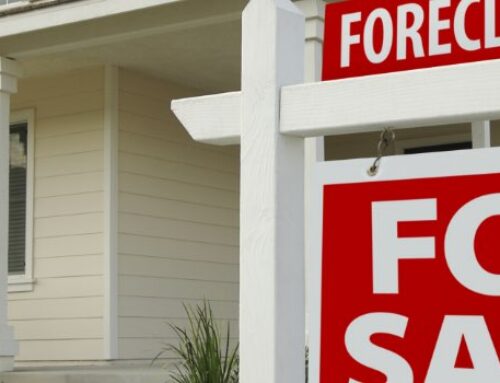If you own a home, business location, or another piece of real estate, you should be receiving your property tax bill sometime this month. Most likely, it won’t be for the same amount as you paid in 2014. Your statement may even be dramatically different from year to year. These variations can make property taxes confusing and difficult to navigate for many homeowners and businesspeople. Over the past 12 years, the Taxease team has helped countless clients pay hundreds of millions of dollars in property taxes, so we know firsthand how much rates can change in just 365 short days. The more you know about these fees, the better you can manage them. In the following blog, we explain why property taxes fluctuate and how Taxease can help you stay stable in a mercurial market.
Property Taxes Are Bigger In Texas
If you compare notes with friends or family members that live in other states, you’ll discover that Texas has some of the highest property taxes in the nation. Chron reports: “According to WalletHub, a personal finance website, Texans this year are paying an average of $3,327 in real estate taxes. It’s the fifth highest amount in the United States and 59 percent higher than the average American household’s real estate property tax bill of $2,089.” Why are our fees so steep? While a variety of variables contribute to property taxes, ours are probably particularly high because “Texas has no state income tax and no property tax on vehicles.” Our counties have to levy heftier property taxes in order to keep local governments, public schools, and important infrastructure intact.
Regional Differences
Even within our great state, property taxes can fluctuate between areas, counties, and even neighborhoods. The following regional differences could lead to disparate dues:
- Home improvements. How Stuff Works explains: “real estate property taxes are often based on a percentage of the market value of your property. Market value can oscillate based on the area around you. If your neighbors all renovate their homes, the market value for the area goes up, but then so do your real estate property taxes, even though you didn’t do anything.” It may seem odd, but if the family across the street puts in a pool, your property taxes could be on their way up because your neighborhood is more valuable.
- The demands of local government. As noted above, property taxes primarily fund public services in your municipality. If having outstanding schools or pristine parks is especially important to your community, you could pay higher property taxes to support these.
- Whether or not you and your fellows protest your property taxes. A key factor in fluctuation is whether or not you fight your fees. As Houston real estate Sandra Billings explains on a Zillow forum: “Most people protest their taxes yearly. This is why you can have so much variance between similar homes in one neighborhood from year to year.” If you feel your dues are too high and are willing to make your case to the county, you may be able to secure a lower property tax bill.
Appraisals and Assessments
To better grasp why they fluctuate so much, it may be helpful to understand how property taxes are calculated. There are variations between different counties and towns, of course, but the basic principle is the same: your property tax depends on the estimated value of your real estate holdings.
In his article “How Real Estate Property Taxes Work,” John Barrymore describes the process: “Just as a country has borders and a city has limits, property is divided into assessment areas or assessment units…A property tax assessment is the market value of a property. A tax assessor—an elected or appointed official—assesses the value of every table property in that assessment area….by comparing the market value of similar properties.” Generally, the worth of your parcel of land will be determined by what similar properties recently appraised or sold for.
Based on this technique, Giraffe Realty provides an easy three-step approach Texas homeowners can use to predict their property taxes: “1. Start with the appraised value of the home posted on the county’s property appraisals website. 2 Deduct any exemptions that you may qualify [for]. 3. Multiply the appraised value by the tax rate in your area.” This method can allow you to estimate your property taxes so you can foresee fluctuations and plan accordingly.
Are You Struggling to Pay Your Property Tax?
Especially since they alter on an annual basis, property taxes can be challenging to pay. If you were blindsided by your bill or simply want to avoid tying up all your capital in these fees, we can help. A property tax loan from Taxease can help you pay your statements, avoid penalties, keep your home, and maximize your cash flow. Contact us today to find out more or get a free quote.







